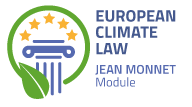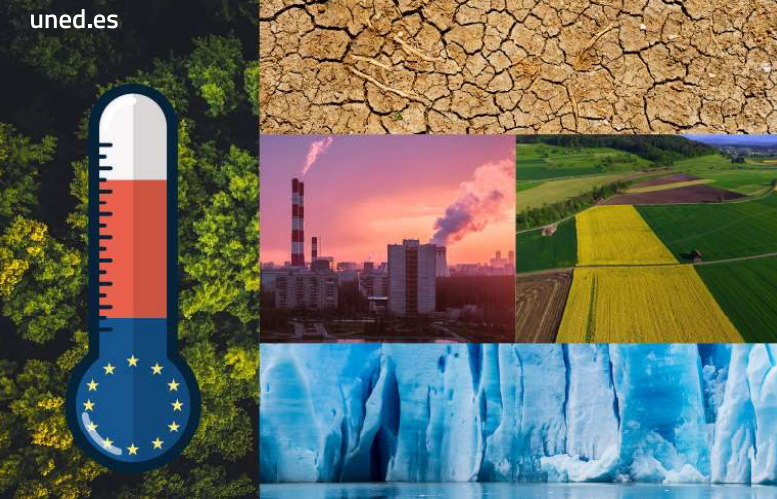Cristina Sáez Asensio presents her brochure and crossword puzzle “Energy Transition” through which she wants to bring climate related complex concepts to older adults who, in many cases do not feel as concerned with the big changes that we are experiencing in our way towards a decarbonized society.



